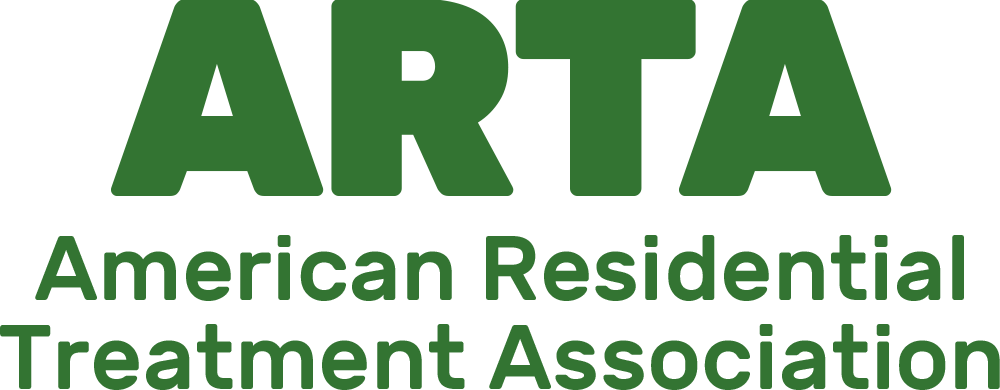
By Gina Fucci
This coming April will mark my one-year anniversary with Spring Lake Ranch. My role is one of therapist, Clinician being the formal title. As a “newbie,” I have been asked what I think of the Ranch many times by Ranchers, friends, and family. My response tends to be an enthusiastic, “I love it! It’s a little Narnia with a touch of heaven!” Now, I’ll admit I’m still in a bit of the honeymoon phase, but there truly are some magical components to life here.
Prior to my arrival, I spent almost a decade working with adolescents who have experienced early childhood complex trauma. This early exposure to trauma can have a lifelong impact on brain development and the central nervous system. There are trauma-based interventions that can work to reduce the impact, and many of them are rooted in exposure to nature and nurture. This is where my deep belief in the Ranch comes into play, because I have seen the life-changing impact of what we offer. Allow me to give just a quick review of the impact of trauma on the developing brain so that you can see what I mean.
The Impact of Trauma
When the brain and central nervous are impacted by trauma, their development can be arrested. This delay in development can present as agitation, inability to regulate or self sooth, lack of meaningful relationships, hyper arousal, and a variety of other symptoms indicative of emotional dysregulation. The impact is created by a flood of stress hormones, which are activated by the fight-or-flight response in the brain. This hormone flood does not allow pathways to develop in the brain and creates a brain that remains in an almost primal state of hyper arousal.
Fortunately, the brain has an ability to create new neuropathways (plasticity) for healthy responses when trauma-informed interventions are applied.
The fundamentals for trauma-informed care include building an environment based on trust and consistency. Once a person feels this trust and stability, their central nervous system begins to calm and allows them to engage in activities that encourage emotional regulation. Think of a moment when you were frightened and how difficult it was to take in information or engage in rational decision-making. The same occurs in a brain impacted by trauma – the chronic state of hyper arousal makes it hard to listen, much less respond effectively. We need to calm the central system and lower the level of arousal slowly, by creating a sense of safety.
So, while not all Ranch residents have experienced trauma, the regulation of the nervous system can be beneficial for most. When someone is in a calm state they are much more open and receptive to change.
Here’s the Magic of Nature
In Japan, there is a practice of “forest bathing,” in which people practice mindfulness while immersing themselves in the forest. Forests promote lower concentrations of cortisol, lower pulse rate, lower blood pressure, greater parasympathetic nerve activity and lower sympathetic nerve activity than city environments. One study found significantly decreased levels of hostility and depression among subjects who spent a regular amount of time in forests.
Those of you who have been lucky enough to spend time at the Ranch can attest to the vast amount of forest paths and lakeside trails that meander through this evergreen heaven. Our residents benefit daily from the calming environment of nature as they work outside and engage all their senses. The work is meant to create a rhythm of day-to day-life and a sense of purpose. When you combine this with the powerful impact of nature, the wind, the sun, the smell of earth and animals, the outcome is extremely grounding and powerful.
Integrating clinical therapy into the process of regulation through immersion in nature adds another dimension of change. When an individual is feeling safe, calm, and nurtured, their ability to access insight and create change for themselves is highly effective. The role of the therapist in this is not to create the change, but rather to hold the light so a person can see where the change needs to be.
Namaste,
Gina



